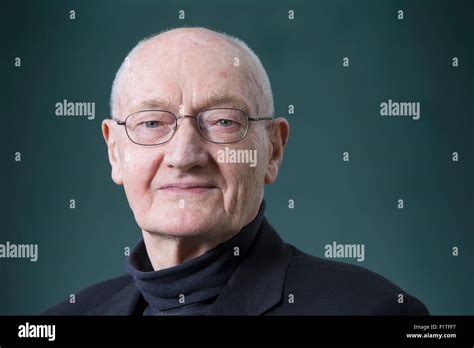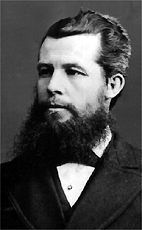A Quote by Jiddu Krishnamurti
As the beauty of the picture depends not on the painter but on the picture itself, what I say must depend on its own intrinsic value and not on the authority of my attainment, nor on the authority of others.
Related Quotes
The judge's authority depends upon the assumption that he speaks with the mouth of others. That is to say, the momentum of his utterances must be greater than any which his personal reputation and character can command, if it is to do the work assigned to it - if it is to stand against the passionate resentments arising out of the interests he must frustrate - for while a judge must discover some composition with the dominant trends of his times, he must preserve his authority by cloaking himself in the majesty of an overshadowing past.
There is a great difference, then, between "power" and "authority." Power refers to one's ability to coerce others (through physical, economic, or other means) to do one's bidding. One can possess the means of power: physical strength, armaments, and money. But authority must be performed. Authority refers to one's ability to gain the trust and willing obedience of others. While power rests on intimidation, authority survives through inspiration.
For all the textbook reasons - any individual's reading of a photograph is preceded by the evidential authority of the medium. You have the literalness of a glass on a table - and at the same time of that evidential authority that you can't get around, there is the possibility of universalizing the subject - of getting the whole world into the picture.
The institutions that claim to represent God, when they are not ignored altogether, are treated like other human institutions that have to earn their right to a hearing by the value of what they say, and not by virtue of who is saying it. Today, authority has to earn respect by the intrinsic value of what it says, not by the force of its imposition.
The notion of the enduring authority focuses on the fact that some people think that notions like authority of Scripture's is passé, while others say that the present configuration of the doctrine of inerrancy is a late addition. And to both we want to say, No we're talking about the enduring authority of Scripture, grounded first and foremost in its relevatory status, something given by God and utterly reliable.
I've always believed that everything that is said from authority is either the authority of one's own heart, one's own brain, one's own reading, one's own trust, but not the authority of someone who claims it because they're speaking for God and they know the truth because it's written in a book. That, essentially, is where I come from. In a sense, tolerance is my religion. Reason is my religion.
...[sacred] doctrine is especially based upon arguments from authority, inasmuch as its principles are obtained by revelation: thus we ought to believe on the authority of those to whom the revelation has been made. Nor does this take away from the dignity of this doctrine, for although the argument from authority based on human reason is the weakest, yet the argument from authority based on divine revelation is the strongest.








































